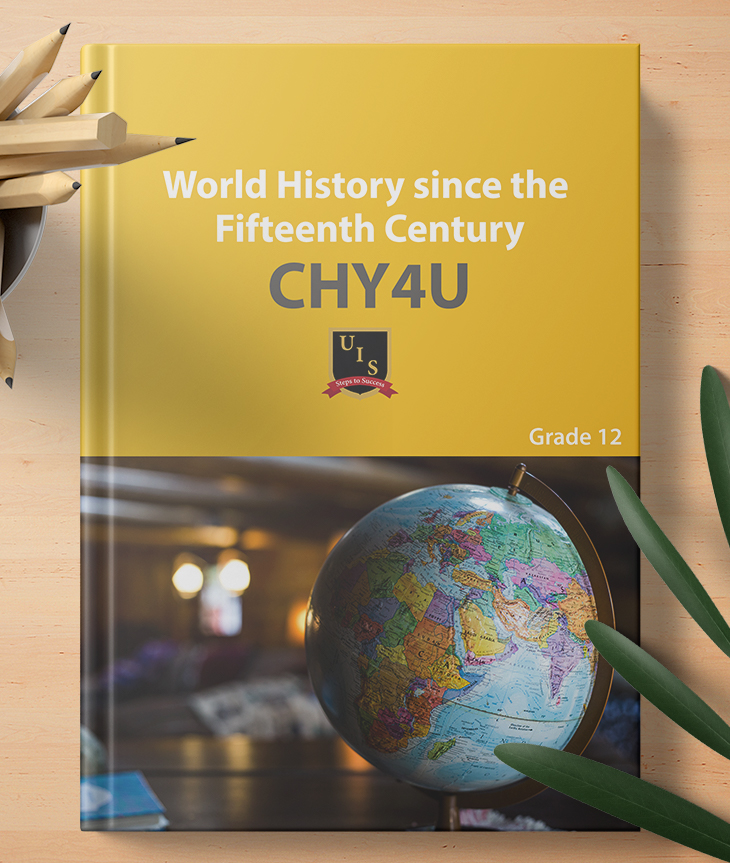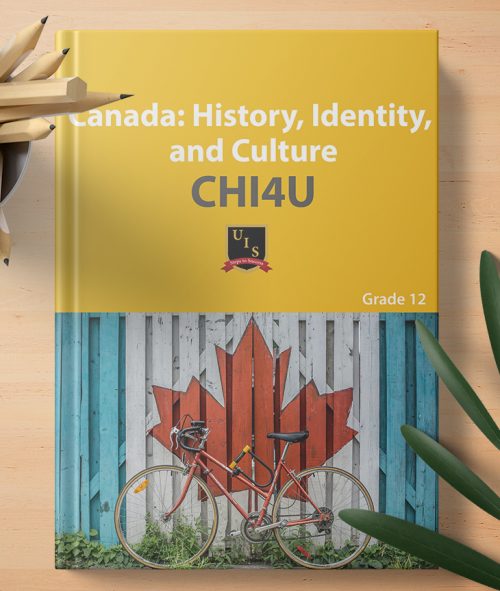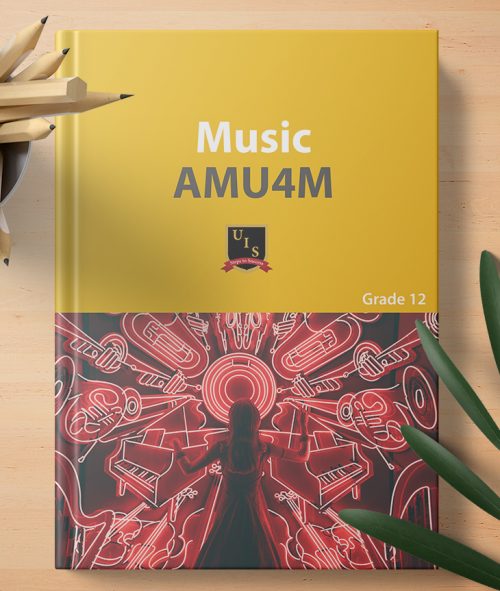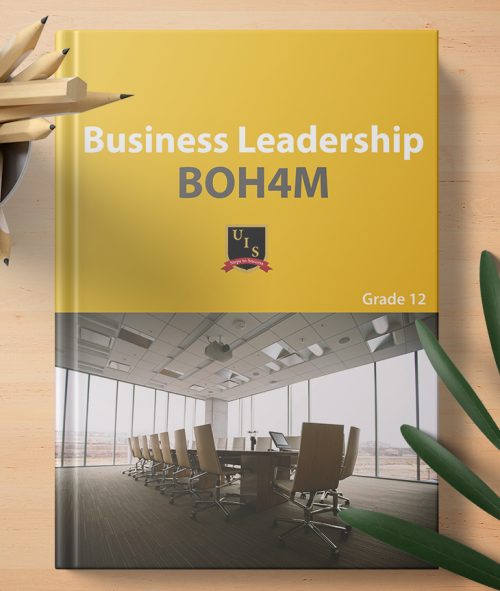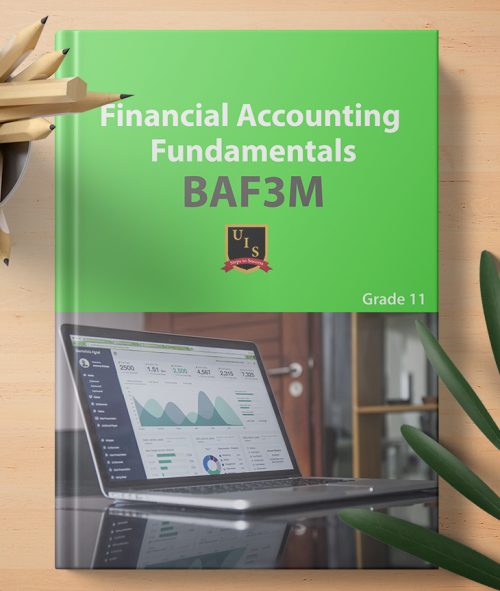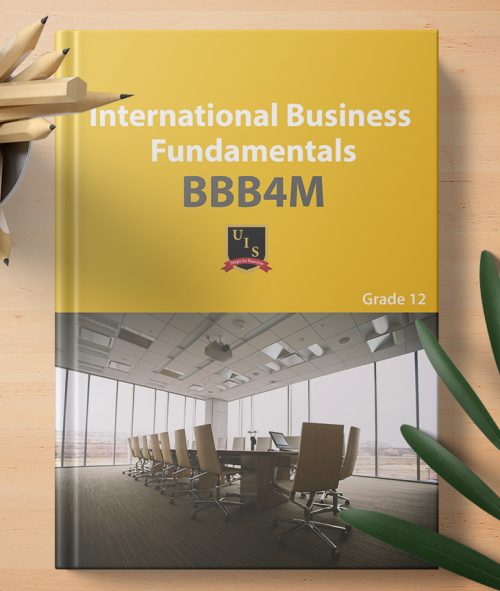This course traces major developments and events in world history since approximately 1450. Students will explore social, economic, and political changes, the historical roots of contemporary issues, and the role of conflict and cooperation in global interrelationships. They will extend their ability to apply the concepts of historical thinking and the historical inquiry process, including the interpretation and analysis of evidence, as they investigate key issues and ideas and assess societal progress or decline in world history.
World History since the Fifteenth Century
$1,200.00 CAD
COURSE OVERVIEW
Course Code: CHY4U
Course Type: University
Prerequisite: Any university or university/college preparation course in Canadian and world studies, English, or social sciences and humanities
Credit Value: 1
COURSE DETAILS
Unit 1: The Transformation of Europe
This unit sets the foundations for the inquiries that are germane to the study of the West and the World over a period of almost five hundred years. Students examine several historical underpinnings of the modern world. The 16th and 17th Centuries were times of social challenge including a huge increase in technological developments, which in turn connected with and diffused among world cultures, still affecting the world to the present day. Knowledge clashed with established demanding social, economic, intellectual, religious, and political redress.
Unit 2: Colonial Expansion and Intellectual Revolution
This unit begins with the Industrial Revolution (1750-1851), which had massive social consequences in Europe and the rest of the world, and also discusses the new “isms” of the time. Students will explore nationalist ideologies and the reasons that states unified to become nations, as well as how boundaries changed and empires developed.
Unit 3: A Time of Great Transition
This unit sets the foundations for the inquiries that are germane to the study of the West and the World over a period of almost five hundred years. Students examine several historical underpinnings of the modern world. The 16th and 17th Centuries were times of social challenge including a huge increase in technological developments, which in turn connected with and diffused among world cultures, still affecting the world to the present day. Knowledge clashed with established demanding social, economic, intellectual, religious, and political redress.
Unit 4: Decades of Extremes
This unit covers the period from WWI to the end of the millennium. Students examine the contributing factors and causes of the Great Wars, the course of the wars, and their conclusion, as well as the interwar years and the social, political, and economic changes that resulted. Students will also examine women’s changing roles as a case study for the many social changes occurring in the first half of the twentieth century, and the political tensions between communism in the U.S.S.R and democracy in America, the course of the Cold War, decolonization, and some of the social, cultural, political and religious revolutions of the 1960s and 1970s. Finally, this unit assesses the impact of, and responses to, globalization.

